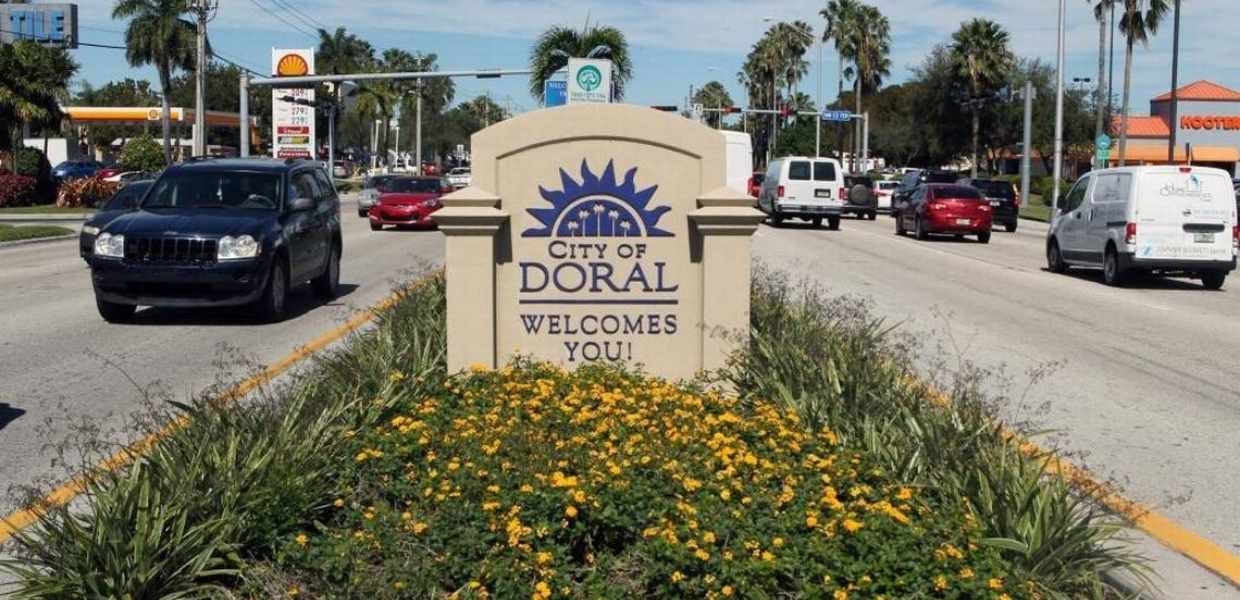Strengthening the Defense: Why Law Enforcement Alone Can't Stop HOA and Condo Fraud
Recent Florida Cases Highlight Growing Problem of Association Fraud
In recent years, Florida has strengthened its legal framework to combat fraud, theft, and abuse within community associations. The legislative changes enacted in 2017 and subsequent years have empowered law enforcement agencies to take a more aggressive stance against such crimes, moving beyond the previous tendency to defer these cases to the Florida Department of Business and Professional Regulation (DBPR).
Two recent high-profile cases from Volusia and Broward counties demonstrate this shift in enforcement approach, yet they also reveal a sobering truth: even with enhanced law enforcement efforts, the primary responsibility for preventing financial malfeasance still rests with the associations themselves.
The Smyrna Beach Club Case: A Decade of Alleged Embezzlement
The case of Julius Bruggeman, the 76-year-old former condominium association president and property manager for the Smyrna Beach Club, presents a particularly alarming example of how financial controls can fail over an extended period. According to the Volusia Sheriff's Office (VSO), Bruggeman has been charged with grand theft, organized scheme to defraud, and racketeering involving approximately $1 million allegedly misappropriated over a ten-year span.
The VSO Financial Crimes Unit began investigating in April following complaints from residents. When detectives executed search warrants for the association's offices and Bruggeman's residence, they discovered he had hastily vacated his home, leaving behind only minimal furniture.
The seven-month investigation revealed that Bruggeman had established nearly complete control over the association's finances by installing friends as fellow board members. He allegedly:
- Authorized health insurance policies for these board members using association funds
- Paid himself approximately $70,000 annually for management services
- Used $800-$1,000 of association funds monthly for personal purchases
- Purchased appliances and electronics for unit owners who would then pay him directly
The financial impact on residents was severe—monthly association fees doubled as a direct result of the budget shortfalls created by these activities. While the other board members eventually returned the money paid for their healthcare during the investigation, the association faced a $20,000 fine from the DBPR for allowing such mismanagement to occur.
Currently, Bruggeman remains at large, with investigators suspecting he may be in the Portland, Oregon area.
Fairways of Sunrise: Insurance Fraud Allegations
In Broward County, a different type of alleged association fraud emerged when Michael Curtis of BDM Property Management was arrested on charges of grand theft and perjury. Authorities allege that Curtis and his company misappropriated $439,000 from an insurance settlement intended for Hurricane Irma repairs at the Fairways of Sunrise Homeowners Association.
Court records indicate Curtis signed a $444,000 insurance settlement agreement in January 2020, but investigators claim an unauthorized check for $439,000 was issued to his company shortly thereafter. When meeting with homeowners in June 2021, Curtis allegedly claimed the insurer had found a legal loophole and dismissed the case without payment.
The perjury charge stems from Curtis's testimony under oath that he was unaware of any insurance payments to the association—a statement contradicted by financial records.
The Common Thread: Excessive Control with Minimal Oversight
While these cases illustrate the increased willingness of law enforcement to pursue association fraud, they also highlight a critical vulnerability: communities allowing too much financial control to rest with too few individuals who operate with insufficient oversight.
Recovery of misappropriated funds is notoriously difficult, making prevention the most effective strategy. The financial damage, administrative penalties, and increased assessments that follow such incidents can create long-lasting hardships for community residents.
Essential Safeguards Every Association Should Implement
Implementing robust financial controls is the most effective defense against potential fraud. Best practices include:
- Requiring two signatures on all checks
- Securing blank checks in locked storage
- Avoiding association debit/ATM cards (which are prohibited under Florida law)
- Conducting monthly reviews of all financial statements by multiple directors
- Maintaining adequate fidelity insurance coverage
- Performing regular independent audits by certified financial experts
These measures create a system of checks and balances that makes it significantly more difficult for individuals to misappropriate funds without detection.
The Balance of Responsibility Between Authorities and Associations
While law enforcement agencies are now more likely to investigate allegations of association fraud, the reality remains that communities must be proactive rather than reactive. The authority wielded by directors and property managers over association finances creates an inherent vulnerability that can only be mitigated through deliberate preventative measures.
Residents who suspect financial impropriety should certainly report their concerns to local and state law enforcement. However, associations that implement comprehensive financial safeguards are far less likely to find themselves in the position of having to pursue criminal charges and civil litigation to recover stolen funds.
Insights on Community Association Fraud
Why did law enforcement previously hesitate to pursue association fraud cases?
Prior to the 2017 legislative changes, many law enforcement agencies viewed these matters as primarily administrative issues that should be handled by the Florida Department of Business and Professional Regulation rather than criminal cases deserving investigation and prosecution.
What warning signs might indicate potential fraud in an association?
Red flags include unexplained increases in assessments, resistance to financial transparency, one person controlling all aspects of financial management, missing or incomplete financial records, and board members receiving unusual benefits or perks from association funds.
Can associations recover funds lost through fraud or embezzlement?
Recovery can be extremely challenging. While criminal restitution may be ordered, offenders often lack the resources to repay stolen funds. Fidelity insurance can provide some protection, but prevention remains far more effective than attempting to recover losses after the fact.
Are management companies required to have insurance that covers potential theft?
Florida law requires community association managers to maintain a specific level of insurance coverage, but associations should verify that their management contracts include appropriate fidelity bonding and insurance provisions that specifically protect against employee theft.
How often should associations conduct independent financial audits?
While practices vary based on association size and budget, most financial experts recommend a full independent audit at least annually, with quarterly reviews of financial statements by board members who don't have check-signing authority.













